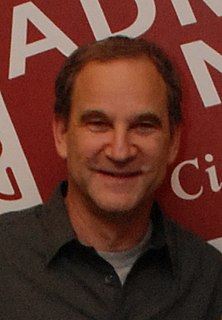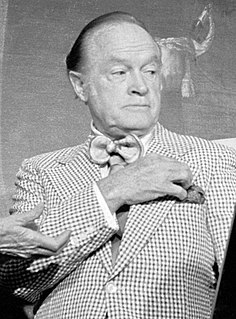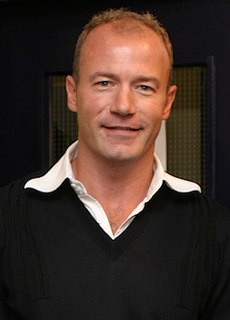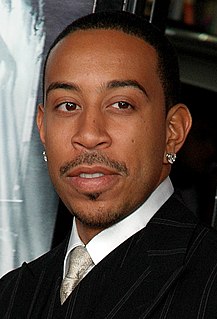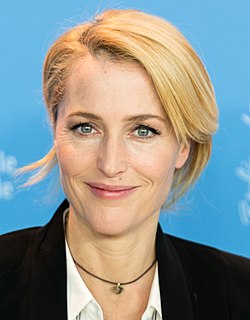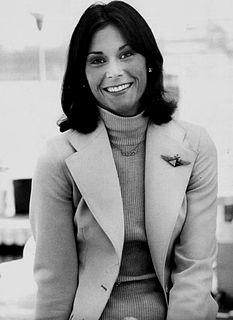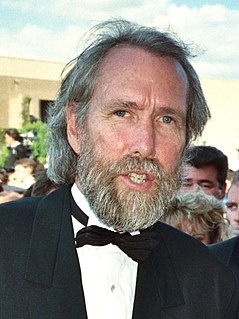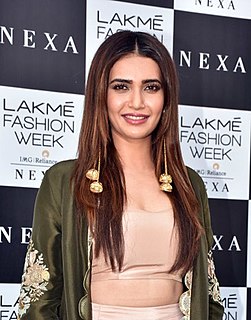A Quote by Mike Bartlett
When I was nine, I found a copy of 'Doctor Who: the Making of a Television Series' in the school library. It had a picture of Peter Davison on the front, and it was a formative book for me. It explained all the different departments like the script, cameras, and sets and explained how a television show is put together.
Related Quotes
If the picture is not an artistic picture, it's show, like television. Television series are very funny, but it's a collective production. An industrial art. A car is not made by a person, it's made by a group of creators, only to go to the market to buy your cigarettes. That is a car - they are not a big art, they are a little art.
[talking about the Holocaust] 'But to put something in context is a step towards saying it can be understood and that it can be explained. And if it can be explained that it can be explained away.' 'But this is History. Distance yourselves. Our perspective on the past alters. Looking back, immediately in front of us is dead ground. We don't see it, and because we don't see it this means that there is no period so remote as the recent past. And one of the historian's jobs is to anticipate what our perspective of that period will be... even on the Holocaust.
It's interesting: I went 25 years without watching a single television show. I was one of those people, because I was so inside how a television show was made, if I would turn on somebody else's show, I would sit there and analyze it, like, 'Oh, so they had four hours in this location and had to get out and the number of set-ups, etc.'
One thing that is very different technically is that you don't get a lot of coverage in television. Not like you do on a film. I know we don't have time for separate set-ups, so I will design a scene where I'm hiding multiple cameras within that set-up. That way, if I don't have time to do five set-ups, I can do four cameras in one set-up. It's a different kind of approach for that. For the most part, a lot of television, in a visual sense, lacks time for the atmosphere and putting you in a place.





